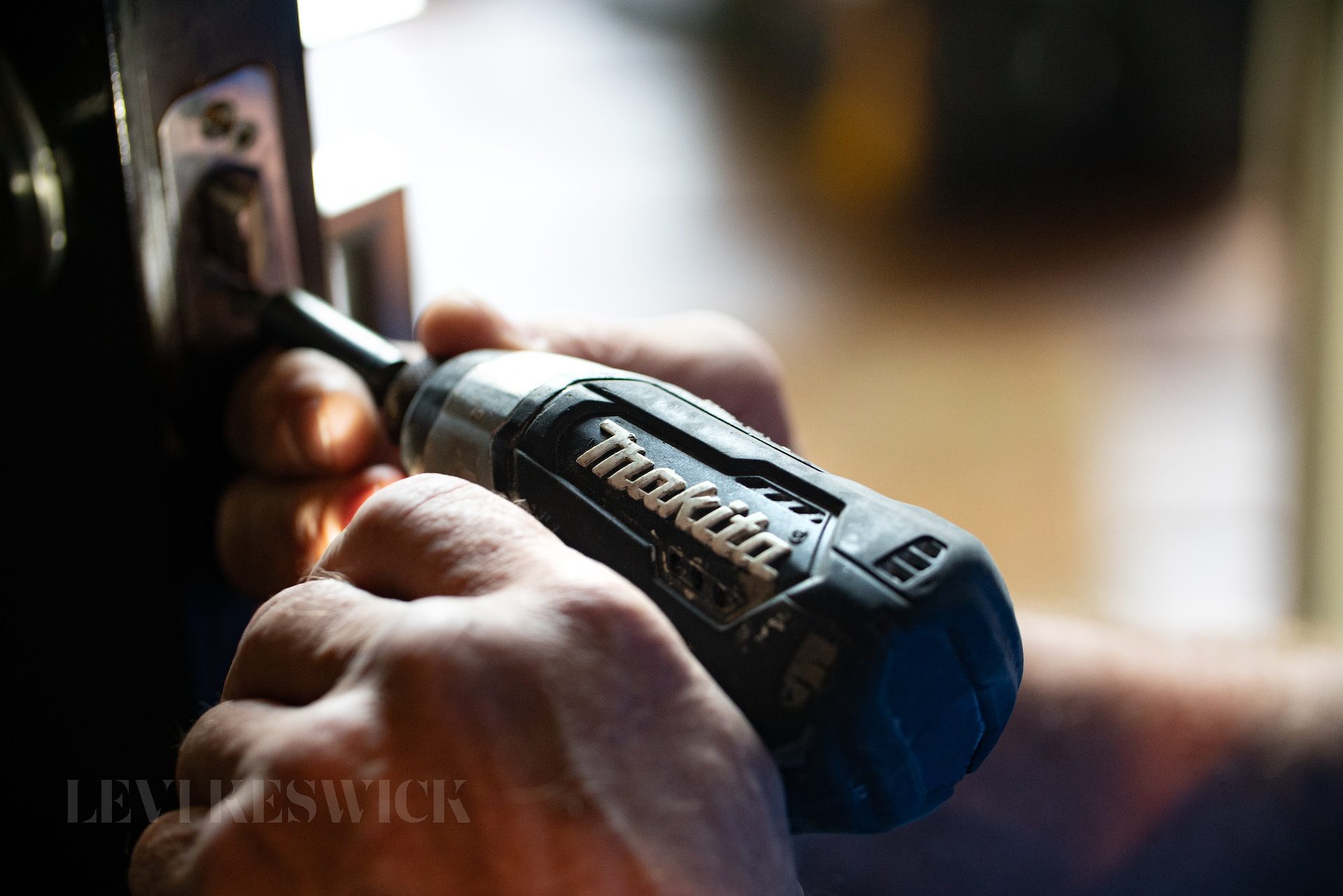Finding the right repair contractor to work on your home can be a daunting task. With so many options out there, it’s hard to know which one is the best fit for you and your project. You want someone who has experience in the type of job you need to be done, will do quality work at an affordable price and is reliable and trustworthy. To ensure that you hire a contractor who meets all these criteria, it’s important to take time to evaluate and select the right person for the job, and here are six simple steps to do just that.

1. Determine Where The Damages Are
Before reaching out to any contractors, it’s important to identify the areas of your home that need repair. That way, when you are talking to potential contractors, you can provide them with accurate information about what needs to be done. If you have structural damages, then you’ll most likely need to hire contractors that will repair the house foundation or other structural elements. The foundation is the single most important element of a home because of its foundational purpose of providing a sturdy base for the entire house. Your foundation might be facing issues such as cracks or settling, and these require specialized repair contractors who understand how to properly fix the issue.
2. Research Local Contractors
Once you’ve determined what type of repairs need to be done, it’s time to begin researching local contractors in your area that can do the job. Look for companies with plenty of experience in general home repairs as well as a specialty in the specific type of repair you need. Check out customer reviews on websites like Yelp, Angie’s List, and HomeAdvisor, and look for ratings from previous customers about their experiences with certain contractors. Additionally, it’s a good idea to inquire with your friends, family, and neighbors who have had similar repair projects done in the past. For example, if you need roofing repair, it might be beneficial to ask around for recommendations from roofers who have done good work in the past.
3. Ask for Bids
Now that you’ve narrowed down your list of potential contractors, contact each one to get an estimate on the project. Many contractors will provide bids over the phone or through email, but you should also encourage them to come out to take a look at the damage in person as this will give them more accurate information and allow them to provide an even more accurate quote. Your goal is to compare bids from different contractors and choose one whose bid best fits both your needs and budget. And if any of the bids are too high, you can use them as leverage to negotiate a better deal.
4. Check Contractor Credentials
When evaluating contractors, don’t forget to check the credentials of each one. Ask for proof of licensing, insurance coverage, and certifications to make sure that they have the proper qualifications to do the job you need to be done. Make sure that their license is up-to-date and that they can provide evidence of liability and workers’ compensation insurance. Additionally, look at reviews and customer testimonials to get a better idea of their work history. In some cases, prior work may need to be inspected before the contractor moves forward with a project. This is an important step that can help you avoid costly mistakes down the road.
5. Review Contracts Carefully
Once you’ve selected your contractor, it’s important to read through any contracts carefully before signing off on them. Pay close attention to details such as payment schedules, timelines for completion, terms of guarantee or warranty on work performed, and any other specifics regarding the project. Don’t be afraid to ask questions if something doesn’t seem clear – you want to make sure everything is in writing so there are no misunderstandings down the line. A contract might also specify the acceptable methods of communication, so make sure you acknowledge those in advance. Finally, don’t forget to specify who is responsible for any permits and inspections that might be required for the job.
- If everything looks good to you, make sure both parties sign off on it before anyone begins work. Once all of your agreements are in writing and signed off on, you can rest assured knowing that everyone is on the same page about what was agreed upon for the project.
6. Stay In Communication
Once the project begins, it’s important to stay in contact with your contractor throughout the process. Make sure that they are hitting all of their deadlines and that you understand each step they are taking to complete the work on your home. By staying on top of things, you can catch any potential issues early and address them before they become bigger problems down the road. For example, if you’ve agreed on a specific timeline, check in regularly to make sure that the contractor is sticking to it. It can also help to set up regular meetings – even virtual ones – with your contractor to discuss progress and any issues that may arise. This will ensure that no one gets surprised by something at the last minute and that everyone is on the same page throughout the project.
- Staying in communication can also provide opportunities for collaboration between you and your contractor. If something isn’t working out or if there are changes needed, having an open dialogue will allow you to work together to find an effective solution. This type of partnership can be invaluable for getting the project done promptly and ultimately producing great results.

The most important part of finding a good repair contractor for your home is doing your research and evaluating all your options before making a decision. By following these six steps, you can be sure that you will end up with a reputable contractor who can provide you with quality workmanship at a reasonable price. And if you follow these steps, you can rest assured that your home repairs will be completed most efficiently and cost-effectively as possible.








